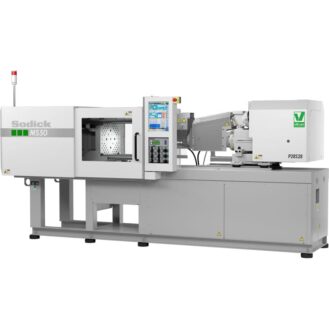There are many different types of industrial trailers on the market. The type you choose will depend on your needs.
Here’s a list of the main trailers available and their main applications.

REMORQUES ROLLAND dump trailer
Dump trailers:
These are for transporting bulk goods on construction sites or mining sites, for example. The goods towed are often sand, ores, or rubble.
The main advantages of these trailers are their speed and ease of use. All you have to do is tilt the trailer using a jack system, then load and unload the goods.
Some dump trailers are equipped with a moving floor, enabling rear unloading without tipping. These models are dedicated to transporting large quantities of goods, for example in the agricultural or timber industries.

MORELLO GIOVANNI flatbed trailer
Flatbed trailers:
These are suitable for tall goods or goods high in height.
Please note that these trailers are not equipped with tarpaulins. This means you need to make sure that the goods you’re towing are safe from harsh weather conditions, as there’s no way of adding protection.
Depending on the goods to be transported, you can choose the material of the bed (wood, aluminum, steel). You can also add anti-slip elements for better grip.

Vlastuin Group BV semi-tank trailer
Semi-tank trailers:
As their name suggests, these trailers are equipped with a tank for transporting liquids and granules.
Different types of tanks are available depending on the goods to be transported:
Powder tanks are ideal for transporting flour, grain, or polystyrene beads.
Chemical tankers are dedicated to products that may pose a significant chemical risk in the event of a leak. The tanks are therefore made of steel or aluminum to withstand particularly aggressive chemicals.
Oil tanks are used to transport fuel oil, bitumen, or gasoline. Special authorization is required to use this type of tank. Safety equipment such as fire extinguishers is also mandatory.
Food tankers are often divided into compartments to carry different food liquids (milk, juice, oil, etc.) at the same time.
Container trailers:
These are used for multimodal transport, to move heavy but not fragile goods. They can carry a wide range of different goods.
Van trailers:
These protect and secure the goods being transported with armored, watertight walls.
Reefer trailers:
These are used to transport goods, usually fruit and vegetables, while controlling their temperature.
Temperatures range from around -20° to +30°.
Extendable trailers:
These are practical for transporting very long parts, as they can be extended.
Tautliner trailers:
These are equipped with a bed and a tarpaulin on the top and sides. These trailers need to be tarped and untarped.
However, there are straps already installed, which simplifies tarping, making these a good compromise for protecting your goods from bad weather, without investing in a more expensive 100% tarpaulin solution.
Curtainside trailers:
These trailers are equipped with a tarpaulin-covered platform and can be used to transport all types of goods. In addition to their versatility, their main advantage is the fact that they are already tarpaulin-covered. Unlike Tautliner trailers, you don’t need to tarp/untarp.















